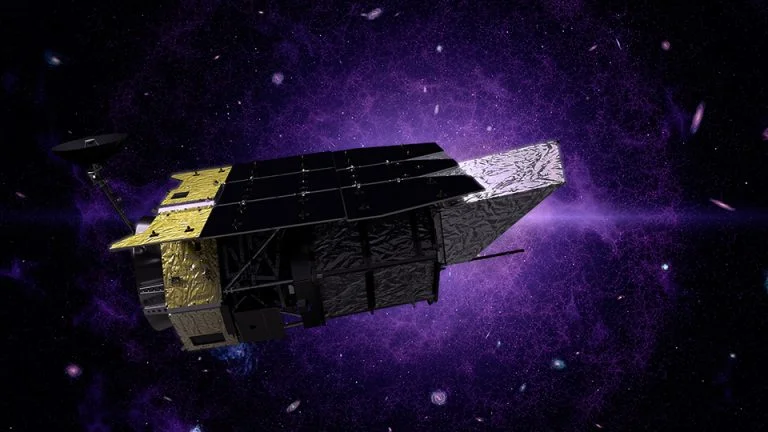
Trump’s Budget Proposals Threaten The Future Of U.S. Climate And Space Science
The Trump administration’s latest budget proposals have sent shockwaves through the scientific community, with sweeping cuts that threaten to dismantle foundational research in weather, climate, and space sciences. As the United States faces mounting challenges from extreme weather and a rapidly changing environment, these potential changes could have deep and lasting effects across industries and public safety.
According to internal documents obtained by CNN, the administration’s plan for the National Oceanic and Atmospheric Administration (NOAA) includes eliminating its entire research arm, shuttering weather and climate labs, and slashing the agency’s overall budget by more than 27 percent. The proposal demands immediate implementation, preempting the usual budgetary process, and raises alarms about whether the nation will remain prepared to forecast and mitigate dangerous storms, floods, and other climate-related threats.
Such drastic cuts would gut programs crucial for agriculture, emergency management, and the economy—industries that rely on free, accurate weather data. Beyond slashing research, the proposal would also cut education, grants, and a host of climate-related programs, which the plan claims are “misaligned with the... expressed will of the American people.” Agencies like the National Severe Storms Laboratory and the Meteorological Development Laboratory, which underpin public weather warnings and data products, could see their operations decimated. Even the monitoring of solar activity, essential for protecting satellites and communications systems, would be moved to a different department under this restructuring.
Similarly, the budget blueprint for NASA reveals an unprecedented rollback. The Trump White House has proposed a 20 percent cut to the agency’s overall budget, with the brunt of losses suffered by NASA’s Science Mission Directorate. This would reduce science funding by nearly half—from $7.5 billion in 2025 to $3.9 billion for the coming year—and especially target research in astrophysics, heliophysics, and Earth science. For context, the astrophysics division alone faces a two-thirds reduction.
One striking casualty is the Nancy Grace Roman Space Telescope, a flagship project that’s already assembled and ready for launch in two years—only to have funding eliminated under the new plan. While existing missions such as Hubble and James Webb are maintained, any future advancement in U.S. observational capacity risks being hamstrung by this austerity approach.
These sweeping budgetary moves indicate a significant shift in federal science priorities, placing immediate budget savings above long-term knowledge, innovation, and public resilience. Critics warn that, as the climate grows more erratic and scientific discovery becomes ever more critical to national security and prosperity, such cuts could undermine America’s technological edge and global leadership. The debate now turns to Congress—and the American public—to determine if this vision for the nation’s scientific future will be enacted.
The stakes are enormous for the United States’ ability to prepare for, understand, and adapt to both immediate dangers and long-term shifts in our world. Will these budget proposals go forward—potentially altering the nation’s relationship with science for years to come? Readers are encouraged to share their perspectives on what the future of U.S. climate and space research should look like.